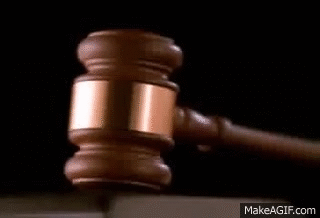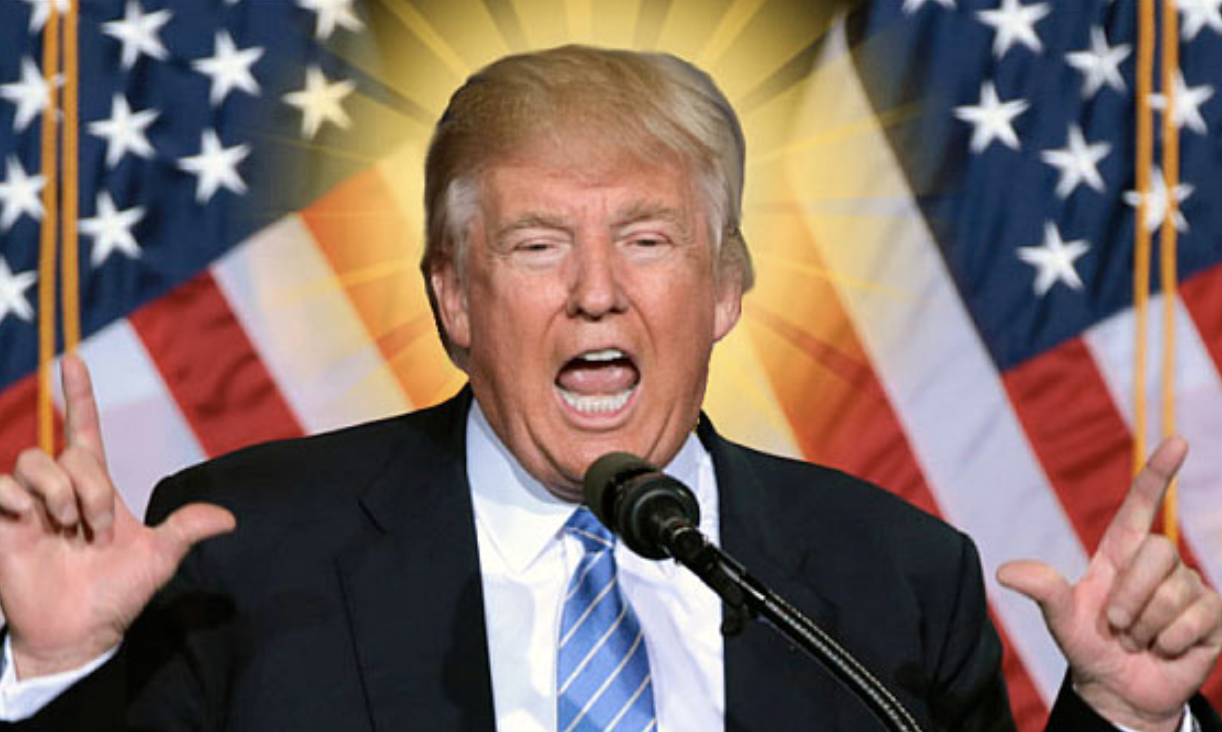According to the Gallup Poll, 49% of American adults called themselves "pro-choice" last year versus 47% "pro-life," with the second designation chosen by 73% of those who attend worship weekly and 74% of Republicans.
The over-all population posted the same virtual tie in each of the prior three years. Journalists, by the way, should note that Gallup's question defied the widely-followed Associated Press Stylebook, which despite some criticism rejects both of those familiar labels in favor of "abortion-rights" versus "anti-abortion" while disallowing "pro-abortion."
After last week's leak to Politico of a Supreme Court draft opinion that would return abortion policy-making to each state, the Pew Research Center (media contact 202-419-4372) released poll results that are vitally important for media analysis.
Here’s where the stories will be found: The Pew team warns against Gallup's two-sided breakdown above, since "relatively few" Americans "take an absolutist view" for or against legality in all circumstances.
Much ambivalence is evident. Fully 33% of Pew respondents believed that whether to abort should "belong solely to the pregnant woman" (and 72% among Americans over-all) AND at the same time believed that "human life begins at conception so a fetus is a person with rights" (held by a 56% majority of Americans).
The Pew data fill a 78-page report, titled "America's Abortion Quandary." As typical with Pew, the new survey stands out for the precision and variety of questions, special skill in defining religious sectors (though this project does not distinguish between Hispanic and non-Hispanic Catholics), the huge sample of 10,441 (compared with 1,016 for that Gallup poll) and consequently a remarkably high response rate of 89% among members of Pew's ongoing American Trends Panel.
Another technical note on polls. Regarding political races they are often more accurate on the national level than with state races. And the Supreme Court draft indicates abortion policy will be returned to each individual state — so that's where legal and political fireworks will occur unless efforts in Congress succeed.










